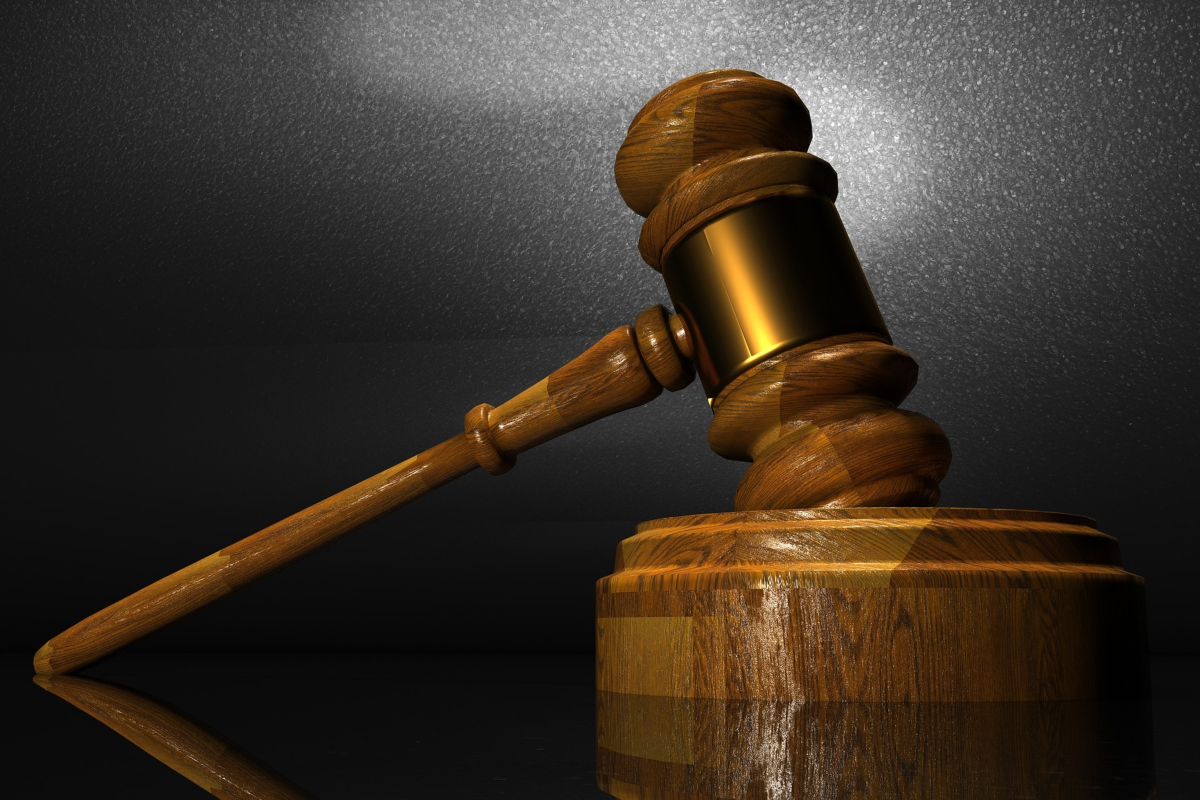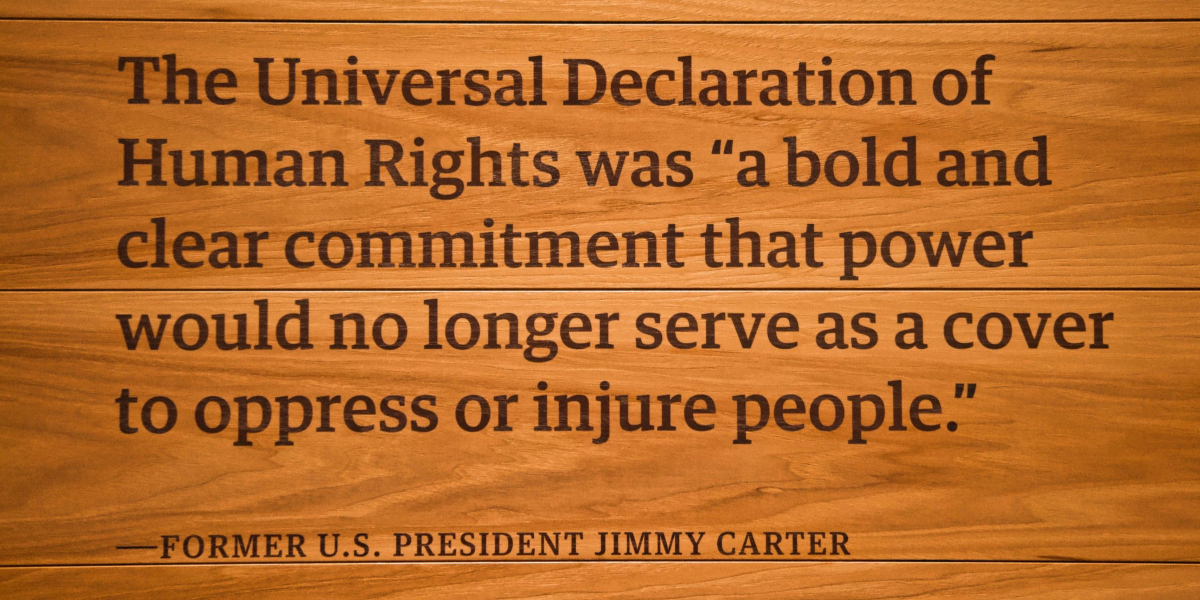Stephen Miller’s New Mission: Shaping the Future Through America First Legal
In Washington, there’s a man named Stephen Miller who’s starting a new chapter in his career. After working closely with former President Donald Trump, Miller is now leading an organization called America First Legal (AFL). This group has a big goal: to influence the country’s laws and policies to match what they believe is best for America. Think of it as a team of lawyers and legal experts who are ready to step into the courtroom to fight for their vision of America’s future.
Stephen Miller is no stranger to controversy. During his time in the White House, he was known for his strong opinions on immigration and was behind some of the Trump administration’s most talked-about policies. Now, with America First Legal, he’s shifting from making policy to fighting for it in court.
America First Legal has been busy. They’ve taken legal action against several government policies that they disagree with. For example, they’ve challenged rules about who can come to the United States, how we protect the environment, and the ways schools teach about race and history. Miller and his team argue that some of these policies are not what’s best for the country, and they’re using the legal system to try and change them.
One of the big reasons America First Legal has gotten a lot of attention is because of its success in court. They’ve won some significant cases, and this has made people take notice. Supporters see these victories as proof that America First Legal is a powerful voice for their cause. Critics, however, worry that the organization’s wins could lead to policies that not everyone agrees with.
But why does this matter to us? Laws and policies affect our everyday lives—from the schools we attend and the air we breathe, to the jobs available in our communities and how safe we feel in our neighborhoods. When groups like America First Legal influence these laws and policies, it can lead to big changes in our society.
For Miller, America First Legal is a way to continue the work he started in the Trump administration, but from a new angle. Instead of crafting policies inside the White House, he’s now fighting for his ideas in courtrooms across the country. It’s a different strategy, but with the same goal: to shape America’s future according to his vision.
As America First Legal gains more influence, it’s sure to spark debates. People across the country will be watching closely to see how the battles in the courtroom translate into changes in their daily lives. Whether you agree with Miller and his team or not, it’s clear they’re playing a significant role in shaping the direction of the country.
In the end, the story of Stephen Miller and America First Legal is about more than just one man or one organization. It’s about how the fight over America’s future is happening not just in the halls of Congress or the Oval Office, but in courtrooms from coast to coast. It’s a reminder that in America, the law is a powerful tool for change—whether you’re writing it, enforcing it, or challenging it in court.











